Joanne O'Riordan says progress for women's sport means proper critical assessment
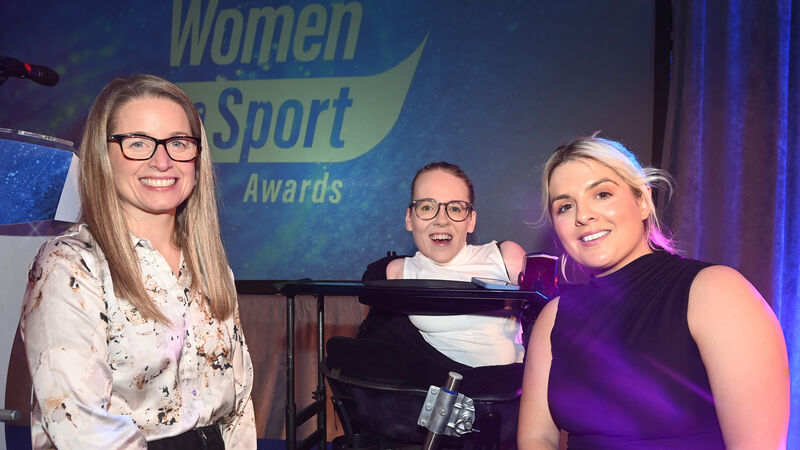
Joanne O'Riordan, guest speaker, with Lisa Coughlan, marketing manager The Echo, and Valerie Wheeler, MC. Picture: Eddie O'Hare
JOANNE O’Riordan has packed a lot into her 27 years to date.
The guest speaker at last Thursday night’s Echo Women in Sport Awards was the subject of a renowned documentary – – she is a podcaster, writes a newspaper column and regularly appears on the radio.
She is one of the judges for the RTÉ Sports Awards, an international activist on disability rights and she’s currently studying for her FE1s, the entrance exams for becoming a solicitor.
As well as all of that, she is a sports fanatic and has long been an advocate for women and girls in sport. And of the things that Joanne would like to see is sportswomen subjected to more criticism.
Lest we be accused of sensationalism or misrepresentation, let’s apply some context: if the aim is equality, Joanne firmly and fairly believes that that must extend to taking the good with the bad. It’s the only way to bring about improvement and anything short of that is mere condescension.
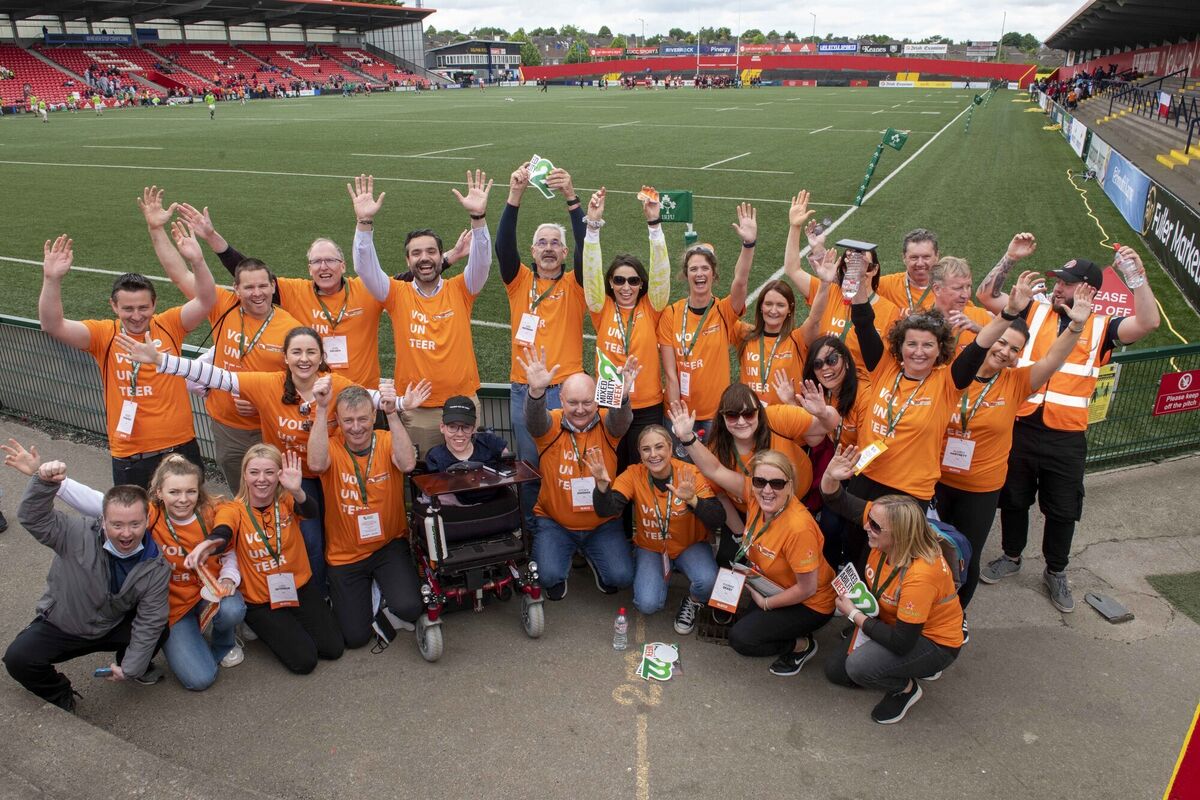
“At the start, when I started writing my columns, they were kind of light-hearted – ‘This is why you should watch the game,’ and stuff,” she says.
“Then, as things have evolved, people have become more interested in the tactics and things like that, for example wondering why the Ireland women’s soccer team were playing a defensive structure.
“I was working in a law firm at the time, getting experience, and the conversation wasn’t just, ‘Aren’t they great?’, it was, ‘What’s the story with the manager [Vera Pauw], why is this happening, I thought she was really good?’
“I thought that was a positive thing because there are only so many times you can smile and grit your teeth and say, ‘Yeah, they are great.’
“She didn’t want to have a bad game and the reaction be, ‘Oh, Rena’s great!’ just because she was playing. She wanted to be told she had a terrible game, that same way you’d say it to a man.
“That’s what everyone’s looking for. Growing up, I would have faced something similar – ‘Isn’t she great?’ just because I was out and about with my siblings.
“Even when I joined , the first thing I said to the sports editor was, ‘Tell me if it’s terrible, don’t hold back.’ I’ve probably regretted that since then!”
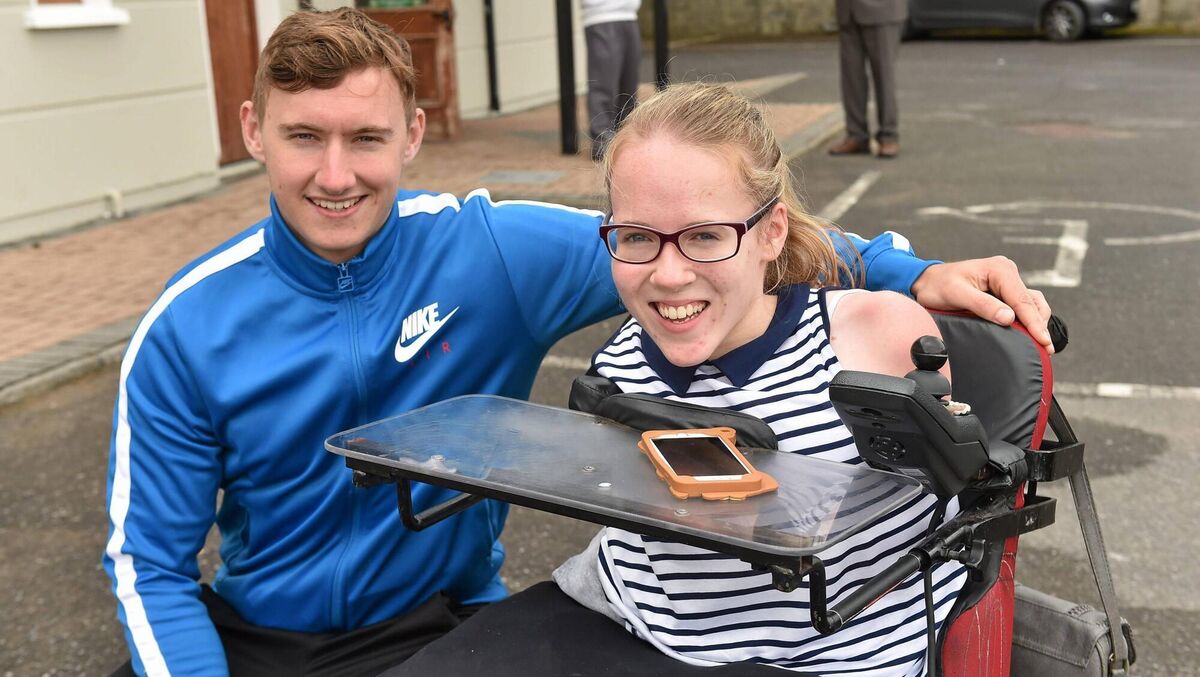
Joanne’s deep interest in sport came about through immersion in various codes from the very beginning.
“I’ve four older siblings and I was the youngest by eight years,” she says. “My sister, the second-youngest, was involved in athletics, ladies’ football, anything she could get involved in.
“The gap between me and the eldest is 15 years and he was involved with Dromtarriffe and playing soccer, so I was basically taken to every single game under the sun.
“I was reading a stat recently about the England women’s cricket team a couple of years ago, saying that something like 60% of the team had an older brother and having an older sibling involved in sport is what gets girls playing more than anything else.
“It makes sense in terms of ferrying children around to matches and training – if one goes, they all have to go!”
Such a situation is scarcely remarkable now, but it wasn’t always the case – not even as recently as 1996 when Joanne was born. For those without older siblings already playing, grasping the sporting nettle might have been a leap too far.
“They mightn’t have had the confidence to do it or there mightn’t have been any teams for them,” Joanne says.
“If the opportunity was there, it probably goes back to the social standards from way back when, the idea that girls shouldn’t really be doing that, they should be playing other things.
“I’ve a niece who’s mad obsessed with sport but, then again, it’s in the genes – her mom is my sister and that involvement in sport is passed down.
“I think now, more than ever, you’ve families who are involved in sport and that leads to more girls playing.
“For right or wrong, under-age sport is now a place that’s more about fun and making friends rather than solely about the competition and winning. There are benefits on both sides there.”
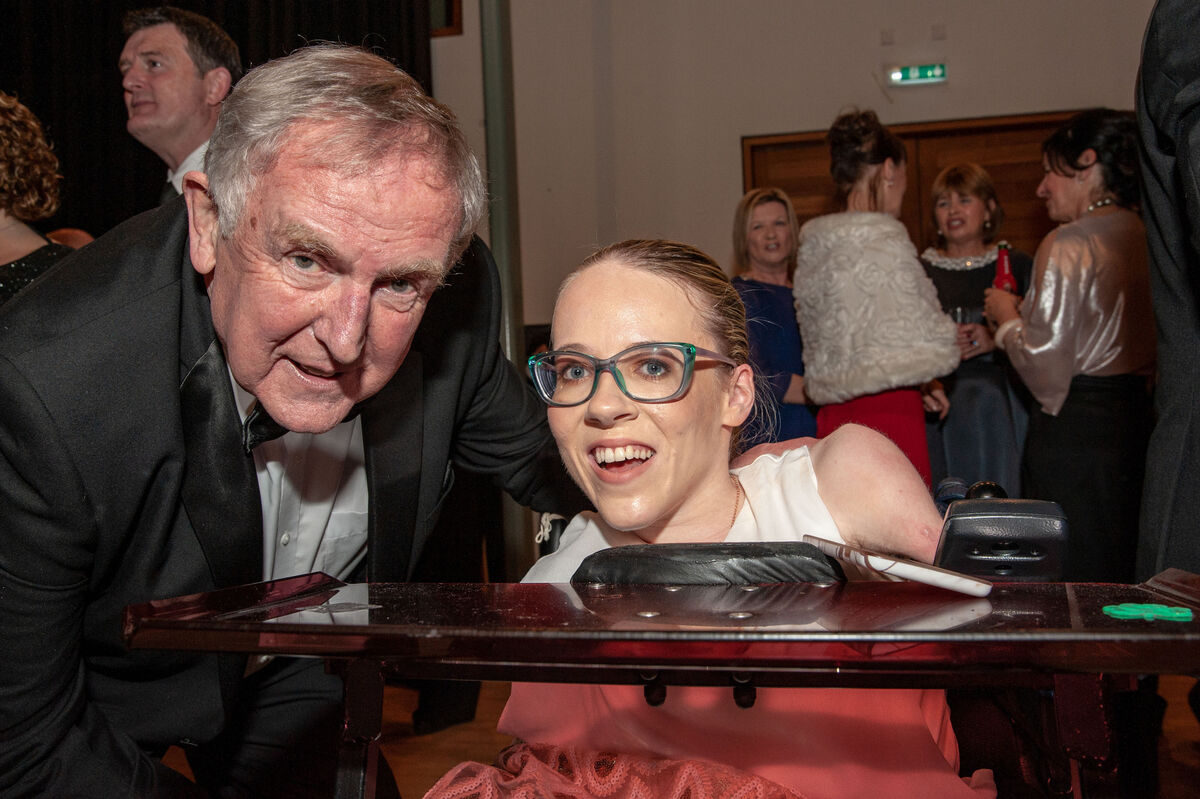
Before the year Joanne was born, no Irish women had won an Olympic medal. Since then, there have been nine. Those who did reach such heights obviously put in an incredible amount of work to reach the peak of their chosen sport but, as importantly, laid groundwork for those looking to follow.
“You hear it, even talking to current athletes, they often cite Sonia O’Sullivan and Katie Taylor as their role models,” Joanne says.
“I was one of the judges for the RTÉ Sports Awards and I was saying it was funny that Katie McCabe has come to prominence now as, up to now, if you mentioned ‘Katie’ in a sporting sense, everybody knew it was Katie Taylor you were talking about!
“I had to do an interview with Mary Curran, the Kerry ladies’ footballer, who played in the 1970s and 80s and she was saying that Dinny Long was actually the referee for the first-ever Munster ladies’ football final, which was on in Banteer. People just came out because they saw a kickaround going on and then word spread around that it was a Munster final and the general reaction was, ‘Ooh, I didn’t know this was a thing!’
Promotion is key in that sense, providing media coverage of the sports in general. Equally, it’s important to strike while the iron is hot, marketing the stars so that others want to emulate them.
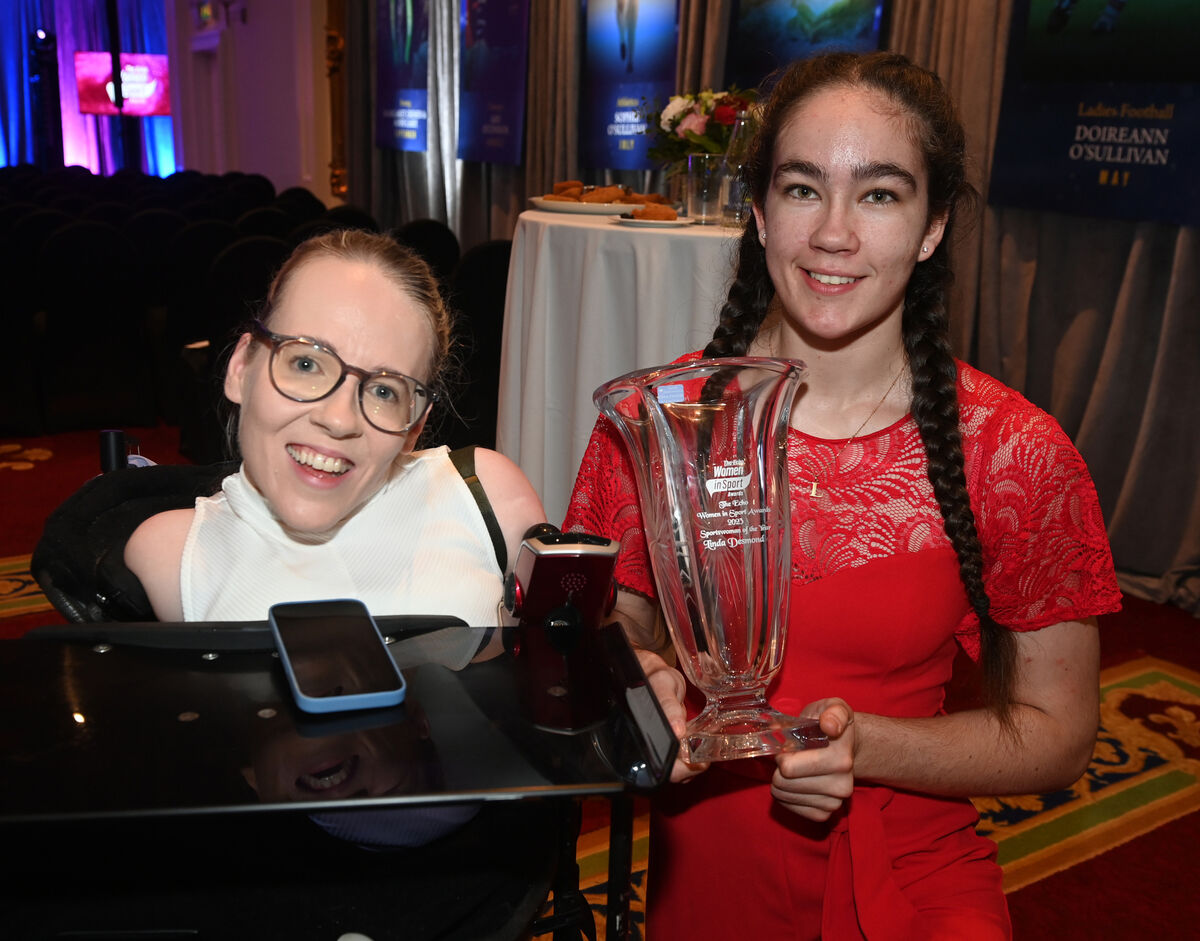
“It took a while to develop post-Sonia but now you see so many more household names,” Joanne says.
“It just shows that the interest is there and it’s about driving on and building that connection between fans and players or teams.
“My second club is Killarney Legion and when they play Fossa, there’s just an army of people wanting to be the two Clifford brothers. You’re just thinking, ‘Oh man, imagine if ladies’ football had the equivalent.’
“A few years ago, when I was going to events around the country, people were asking me about the Meath ladies’ football team and then, all of a sudden, that stopped. There was nobody with the marketing tools for the team, to drive on further and drove on the interest and you’re left with a missed opportunity.”
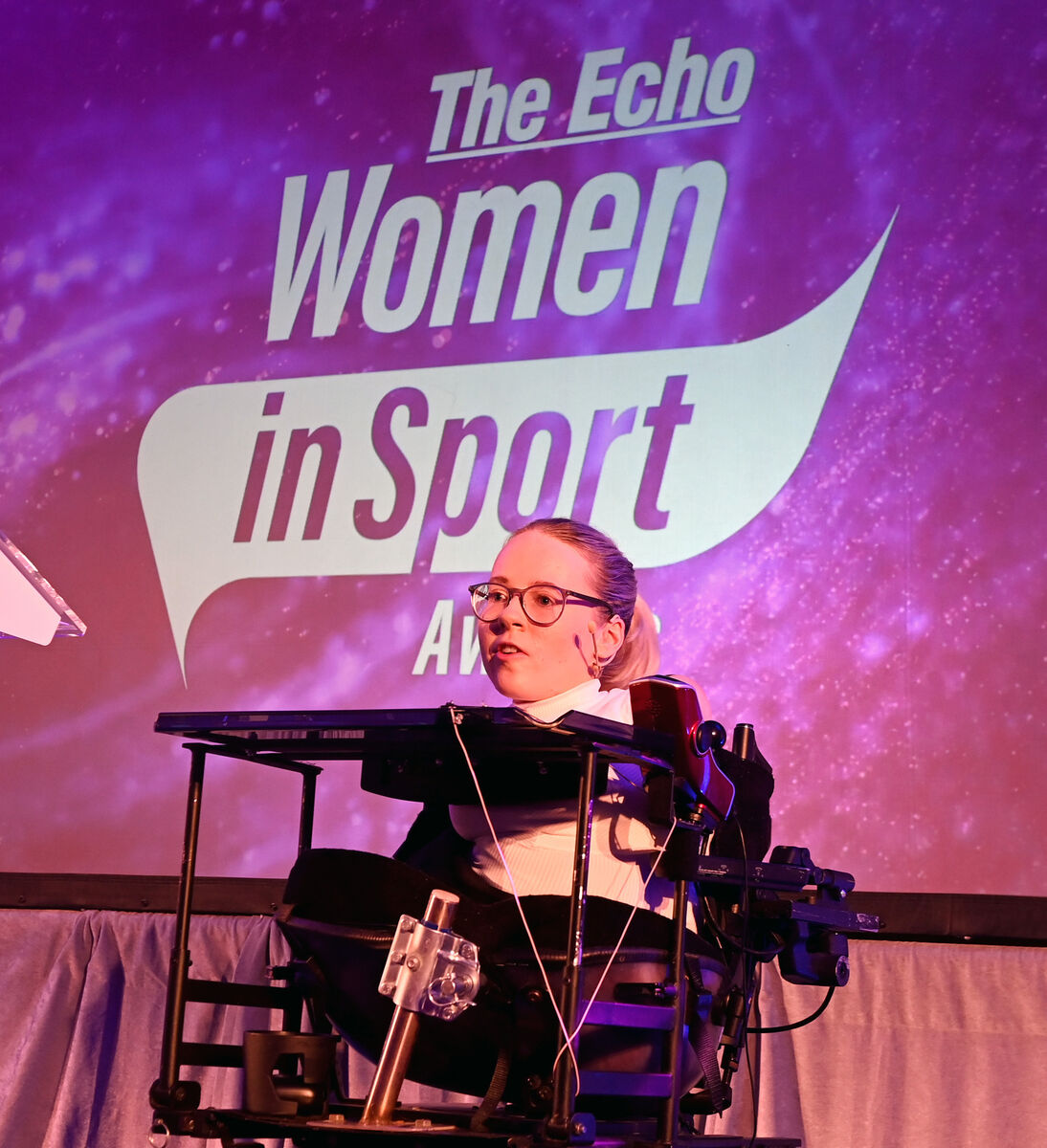
Similarly, while the Ireland women’s rugby team won the Six Nations in 2013 and 2015 with a fourth-placed finish at the World Cup in the year in between, insufficient progress was made on the back of that.
The soccer side find themselves at a similar fork in the road at a time when the sport is gaining more and more exposure.
The challenge is to build on the World Cup qualification of last year and grow the game domestically as well as drawing interest, though there’s a way to go in terms of matching the men’s version.
“We’re lucky with the women’s soccer team that Sky and Cadbury’s are on board but, at the same time, during the Women’s World Cup, you had to explain to people that you were booking the day off because you wanted to see Ireland play Australia,” Joanne says.
“Back in 1990, it was just a case of the country shutting down! That shows the gap to be bridged but there were still lots of positives.
“We saw at the World Cup how the level of goalkeeping was better than it had been before – and that’s down to more resources being put into goalkeeper coaching.
And if she had to pick a favourite sport above the rest?
“It would have to be Gaelic football, even in its dire state at the moment!” she laughs.
“I’m from Millstreet, which is a football-mad place anyway, so that would be number one. then soccer and my niche one, I love golf too, especially women’s golf. I think it’s the most aspirational sport for an amateur.”
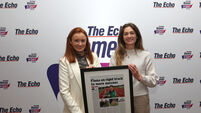
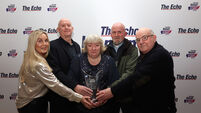
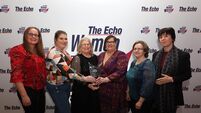
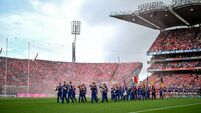
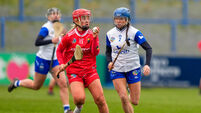
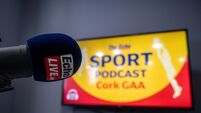
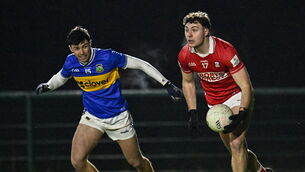



 App?
App?







